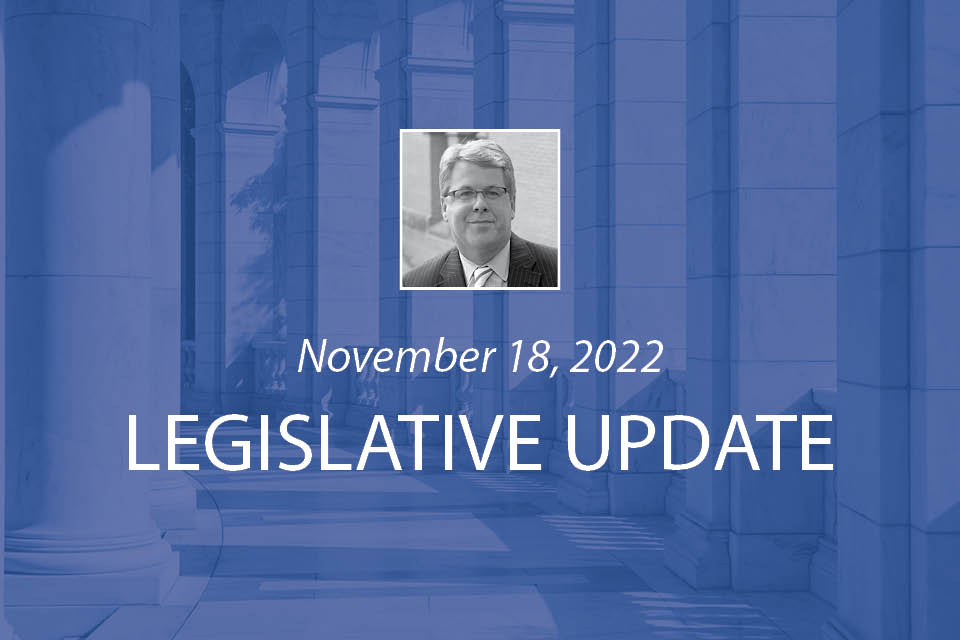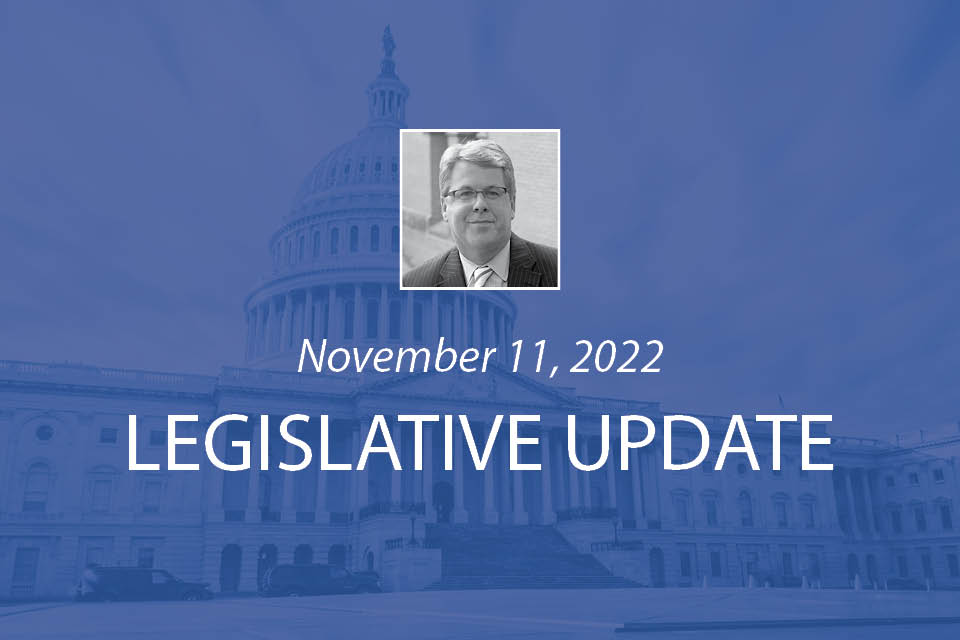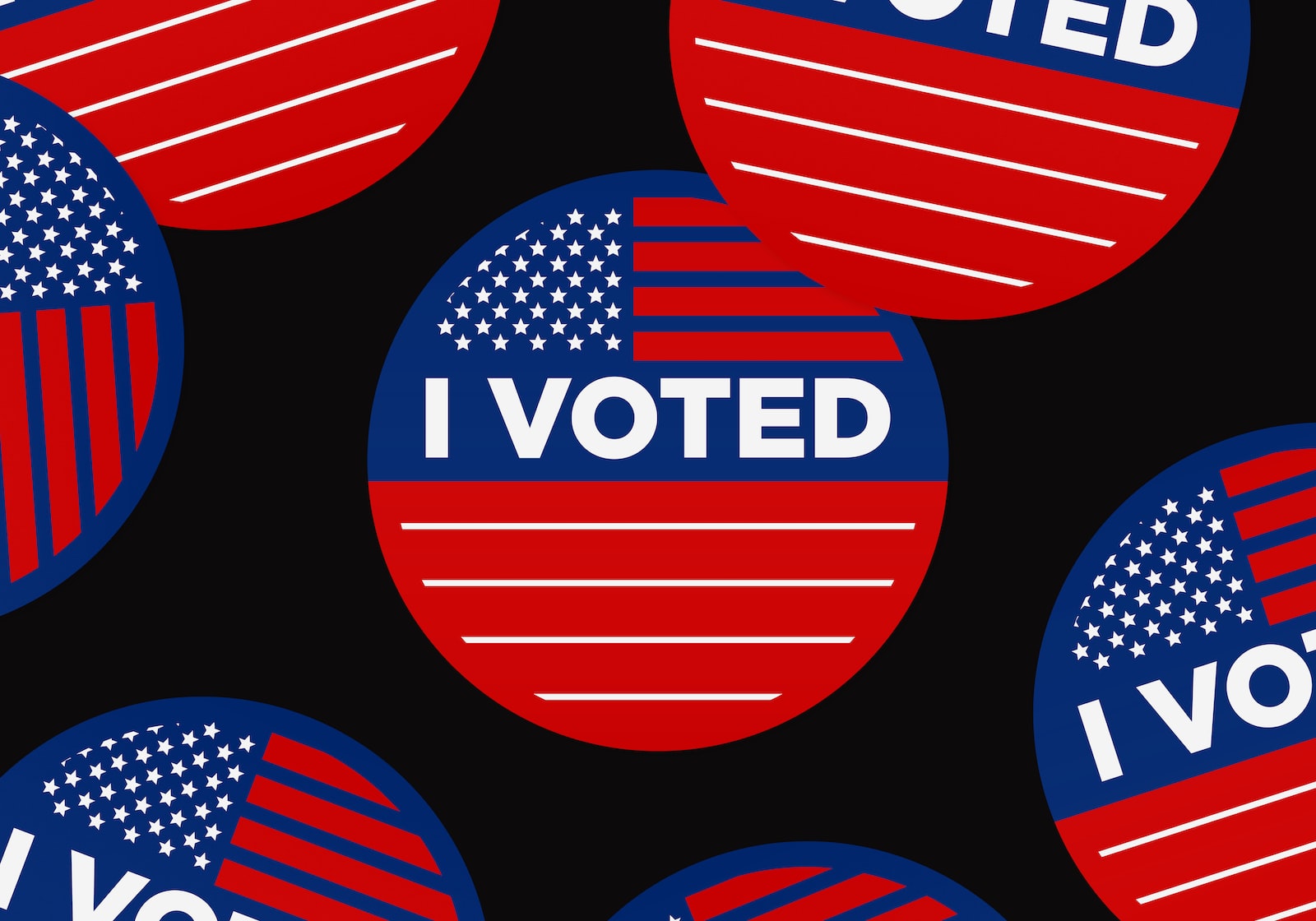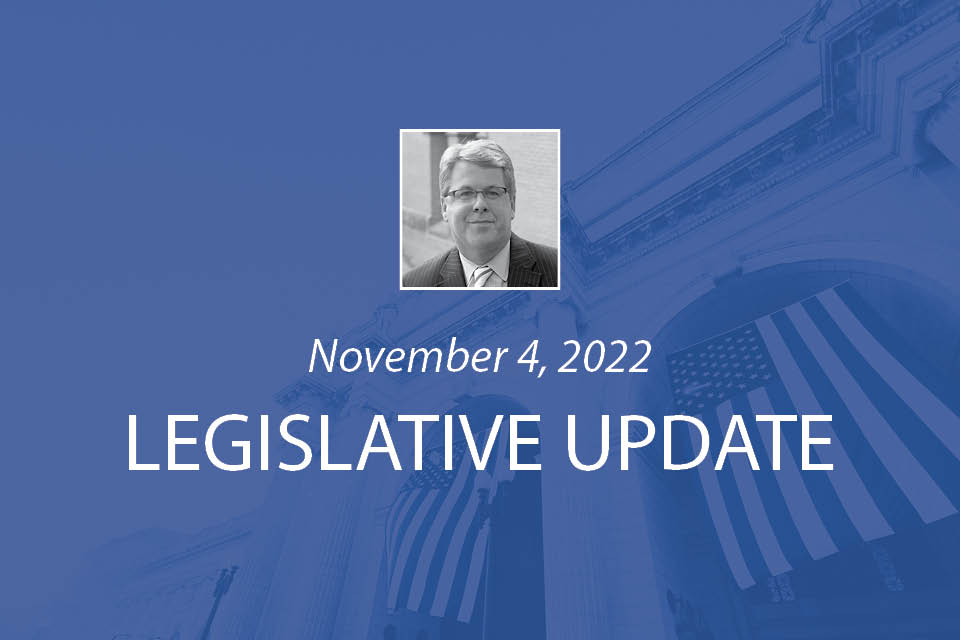This year’s midterm elections are interesting for many reasons. The most obvious is that control of Congress is up for grabs. This has been seen by some as not only a referendum on the first two years of the Biden Administration but also on issues such as the economy, inflation, and abortion rights. However, 36 states are also holding gubernatorial elections, and many of those races will be interesting as well.
Over the next few weeks, ABMA will be sharing about some interesting and unique gubernatorial elections occurring in its states.
A Unique Race
Alabama’s gubernatorial election is between Gov. Kay Ivey (R) and Yolanda Flowers (D). Unlike other states where the election is interesting because it is competitive, this election is interesting because both major parties have put forward female candidates, making it one of only four states this election cycle to have both major parties put forward female candidates. The other states are Iowa, Hawaii, and Michigan.
Governor Kay Ivey (R)
Ivey was first elected in 2018, though she has served since April 2017 when Governor Robert Bentley resigned. Before serving as Governor, Ivey was elected as the State Treasurer in back-to-back terms in 2002 and 2006 and as Lieutenant Governor in 2010 and 2014.
Ivey grew up on her family’s farm in Wilcox County. She received her degree from Auburn University and then became a schoolteacher. According to her campaign website, as Governor, Ivey “has led the fight to shrink government, save taxpayers’ money, and create good-paying jobs. And already this year, Kay has signed the largest tax relief in more than a decade, more Alabamians are working now than ever before, and we’ve created a record number of new jobs.”
Yolonda Flowers (D)
Flowers was born in Birmingham, Alabama, and received her education in the public school system. She received her BA in Audiology and a Masters in Rehabilitation Counseling, both from the University of Tennessee of Knoxville. According to her campaign website, Flowers has “worked as a Speech, Language, Pathologist Assistant for the Blount County schools and Alcoa City schools systems, and she worked as a Vocational Rehabilitation Counselor under the Division of Rehabilitation Services for the State of Tennessee for many years. Upon returning to Birmingham, she worked in the Birmingham City School System from 2016 to 2019 as a full-time substitute teacher.”
Flowers’ united her campaign under the slogan, “Let’s Reconstruct Alabama Together.” She is focused on education, healthcare, criminal justice, and the economy.
Election Analysis
Alabama is historically a very red state. Since 1960, Alabama has voted for the Republican candidate in all but three Presidential elections. In1 960 it went for John F. Kennedy, in 1968 the state voted for American Independent candidate George Wallace, and in 1976 Alabama voted for Jimmy Carter. However, the state has voted for the Republican candidate consistently since they went for Ronald Reagan in 1980. Additionally, the state has had a Republican Governor since the election of Bob Riley in 2003. Polling shows a solid or safe republican seat, meaning the race is not very competitive.
Conclusion Any debates between Ivey and Flowers should be interesting since they are focused on many of the same issues, though none are scheduled at this time. Even though Ivey is poised to win this election by a wide margin, she should not take her “red state” for granted and should continue to connect with voters to ensure the turnout she needs to win. While Flowers has an uphill battle to victory, her issues will likely resonate with many Alabama voter. And even if she does not win, her contribution to the conversation on these important topics should not go unnoticed.




